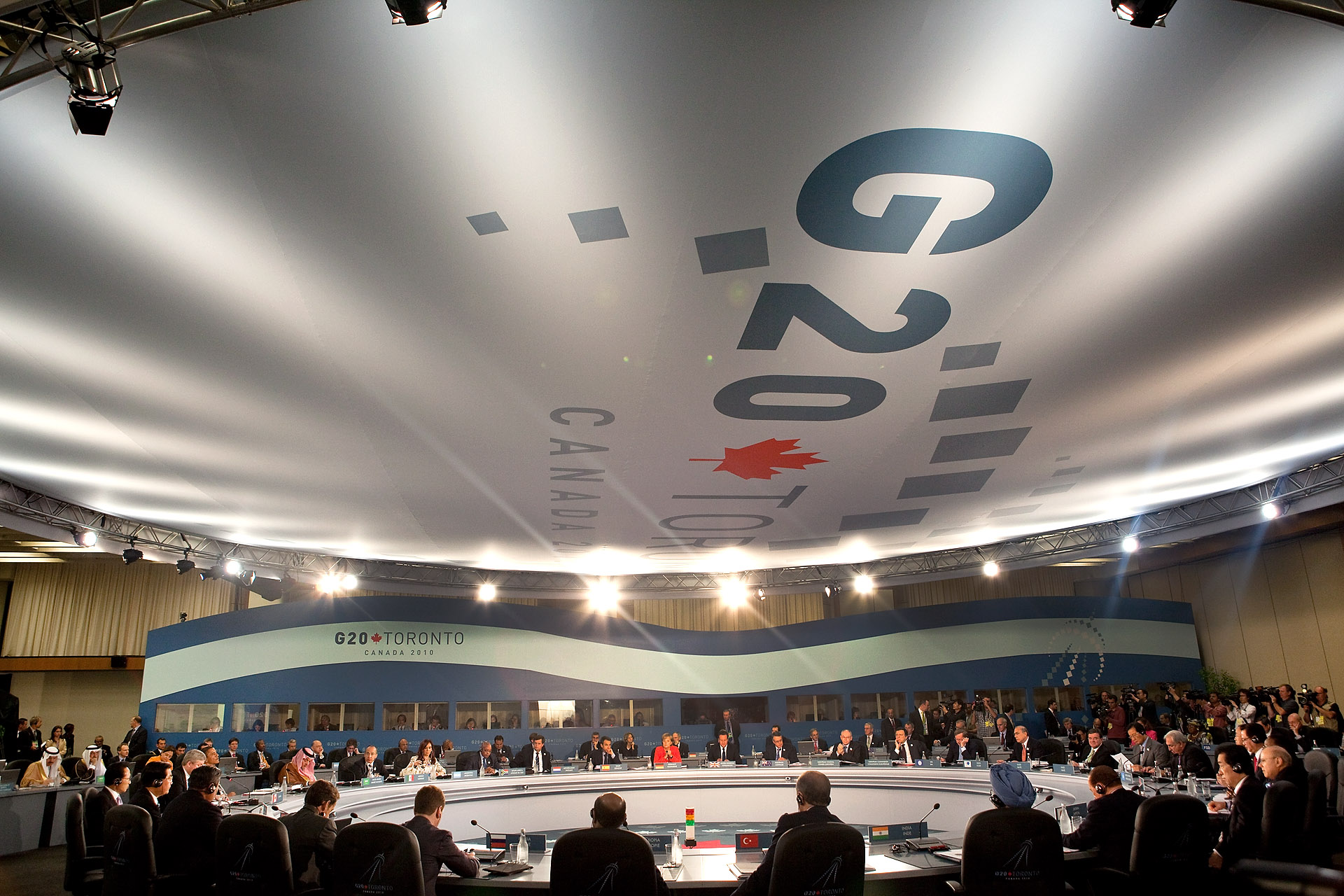Leaders of the G20 countries have promised to take all necessary measures to maintain employment and financial stability, as well as minimize negative consequences for trade and supply chains. It was also announced that G20 countries would invest more than $ 5 trillion in the global economy in the form of targeted fiscal measures and guarantees to overcome the consequences of the COVID-19 pandemic.
The largest aid package - $ 2.2 trillion - is going to be approved by the US Congress (for comparison: US budget spending for the fiscal year 2020 is $ 4.8 trillion, US GDP was $ 21.4 trillion last year). On March 26, the bill was adopted by the Senate, and is expected to be approved by the House of Representatives on March 27, after which it will be signed by President Donald Trump. The act has 880 pages and is the largest anti-crisis program in US history.
According to US Treasury Secretary Steven Mnuchin, the program can keep the economy afloat for three months, although the USA hopes to deal with the outbreak faster.
The set of support measures includes allocation of direct financial assistance to citizens in the amount of $ 1,200 for those whose income is below $ 75,000 per year, $ 2,400 for families with a total income of less than $ 150,000 per year, and payment for one child will amount to $ 500. The document also envisages expanding the payment of unemployment benefits ($ 600 per week will be added to their usual size) and expanding unemployment insurance ($ 260 billion will be allocated for this purpose). Hospitals will receive an additional $ 150 billion, another $ 150 billion will be provided to individual states to fight the virus.
Big business will gain access to $ 500 billion in subsidized loans and grants to maintain employment, including $ 58 billion to be sent to airlines (receiving grants will not be able to lay off employees until the end of September, channel funds to buy back shares and increase compensation payments to managers over two years). The business of members of Congress, as well as senior officials and the family of Donald Trump, will not be able to access such measures if their share exceeds 20%. Small and medium-sized businesses will be able to count on soft loans to pay salaries, rent and other expenses for the next eight weeks, the program will amount to $ 348 billion. In addition, companies received a deferment in paying tax from the wage fund (social contributions).
The measures are more than timely: last week, 3.3 million applications for unemployment benefits were recorded in the country, while only a week earlier there were only 282 thousand and the figure never exceeded 700 thousand applications per week.
source: reuters.com
The largest aid package - $ 2.2 trillion - is going to be approved by the US Congress (for comparison: US budget spending for the fiscal year 2020 is $ 4.8 trillion, US GDP was $ 21.4 trillion last year). On March 26, the bill was adopted by the Senate, and is expected to be approved by the House of Representatives on March 27, after which it will be signed by President Donald Trump. The act has 880 pages and is the largest anti-crisis program in US history.
According to US Treasury Secretary Steven Mnuchin, the program can keep the economy afloat for three months, although the USA hopes to deal with the outbreak faster.
The set of support measures includes allocation of direct financial assistance to citizens in the amount of $ 1,200 for those whose income is below $ 75,000 per year, $ 2,400 for families with a total income of less than $ 150,000 per year, and payment for one child will amount to $ 500. The document also envisages expanding the payment of unemployment benefits ($ 600 per week will be added to their usual size) and expanding unemployment insurance ($ 260 billion will be allocated for this purpose). Hospitals will receive an additional $ 150 billion, another $ 150 billion will be provided to individual states to fight the virus.
Big business will gain access to $ 500 billion in subsidized loans and grants to maintain employment, including $ 58 billion to be sent to airlines (receiving grants will not be able to lay off employees until the end of September, channel funds to buy back shares and increase compensation payments to managers over two years). The business of members of Congress, as well as senior officials and the family of Donald Trump, will not be able to access such measures if their share exceeds 20%. Small and medium-sized businesses will be able to count on soft loans to pay salaries, rent and other expenses for the next eight weeks, the program will amount to $ 348 billion. In addition, companies received a deferment in paying tax from the wage fund (social contributions).
The measures are more than timely: last week, 3.3 million applications for unemployment benefits were recorded in the country, while only a week earlier there were only 282 thousand and the figure never exceeded 700 thousand applications per week.
source: reuters.com





